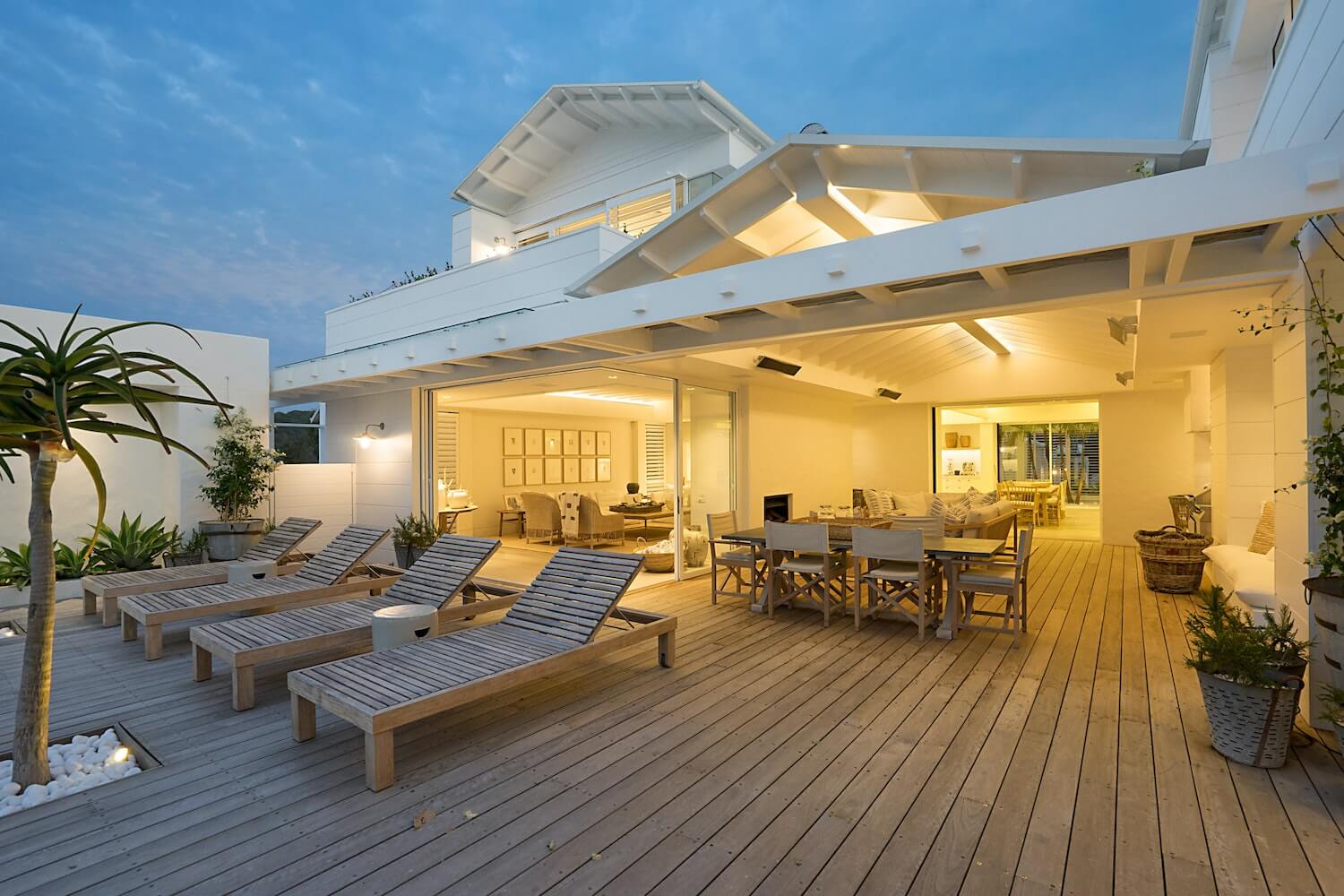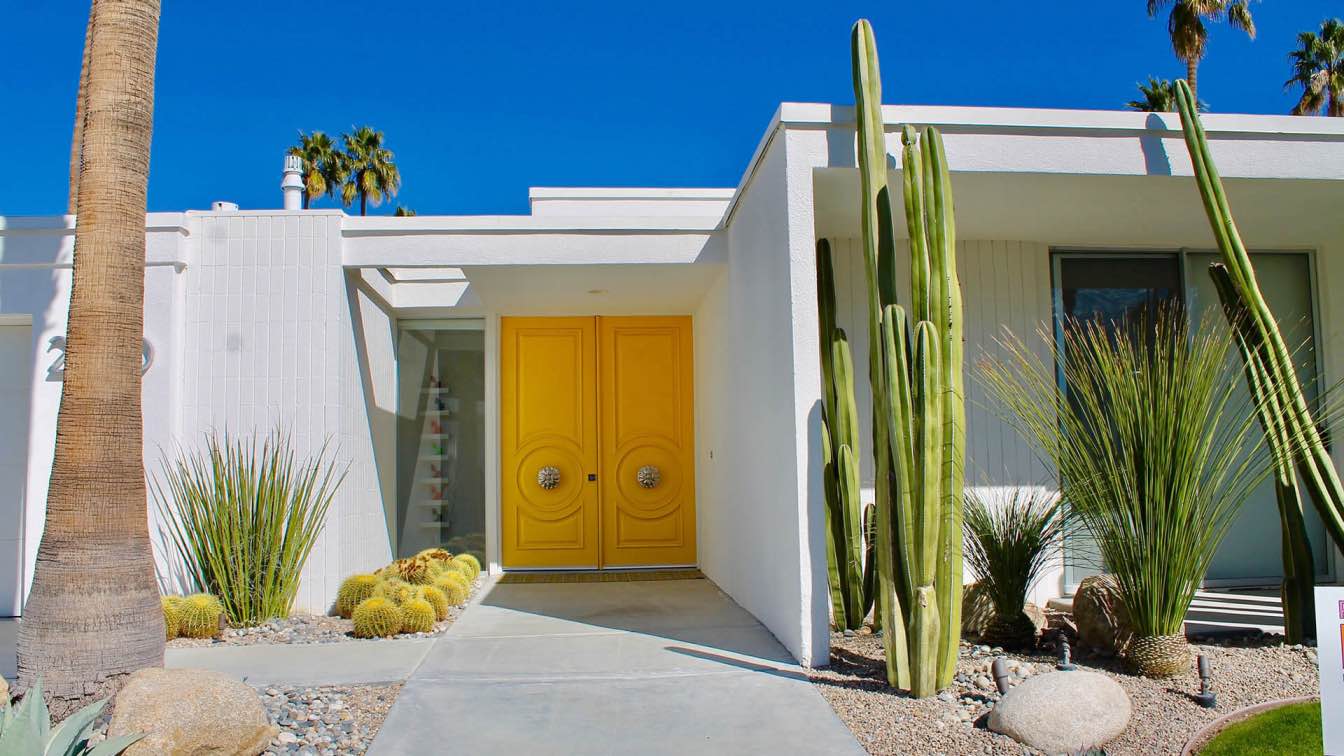What makes a strong and durable house? That is the question we'll be discussing in this blog post. There are many different factors that contribute to the strength of your home, but when it comes down to it, there are three major aspects that will determine how well-built your new home is. Those three factors are the foundation, walls, and roofing material.
This blog post will discuss these three and other factors that contribute to strength and durability. Read on for the details.
The Foundation Provides Stability and Protects the Home from Natural Disasters
The foundation of your home provides stability and protects the house from natural disasters. It is one of the most important factors to consider when building a new home because it can impact its strength, resiliency, quality, and energy efficiency. When you're having foundations built for your new custom-built dream house, you need to ensure they are deep and wide enough (at least six feet).
The foundation needs to be as level as possible because it will help support your home better. It's also important to have the base of your foundation protected from moisture because this can lead to structural problems in the future. Depending on the type of soil in your area, you may need to use additional foundation supports such as helical piles to ensure stability in soils with low bearing capacity.
A Strong, Durable Roof will Protect Your Family's Living Space From the Elements
A strong and durable roof will protect your family's living space from all of the elements. If you're going to be building a new custom-built dream house for yourself, one thing that you'll need to consider is what kind of material your home will have on its rooftop. As stated by the team behind this Maryland roofing company, there are many roofing materials available, but the common ones are asphalt shingle, metal roofing, and cedar shake. Therefore, it is important to consider what material will be best for your home and family.
You should consider what kind of climate you live in when thinking about which material will best suit your new custom-built dream house. For example, if you live near the ocean or another area that receives many storms each year, then it might be better to have a more durable material like metal on your roof. On the other hand, if you live in an area that rarely sees bad weather, it might be better to go with asphalt shingles or cedar shakes because they are less expensive and easy to maintain.
Strong Walls Holds the House Together
Walls are one of the most important aspects to consider when building a new home because they connect everything and make up much of the structure's strength. When it comes down to it, there are different kinds of wall systems classified into two: load-bearing (sometimes called structural) walls and non-load-bearing or framed walls.
Many new custom-built dream houses will have both load-bearing and non-load-bearing walls to help provide strength while also allowing for an easy construction process. However, this isn't the only way you can build strong walls that will hold up your house for years to come. If you're looking into building a new custom-built dream house, one thing that will help ensure strength is by ensuring the home's foundation has enough support when it comes down to it.
Proper Insulation Can Help Keep Your Home Warm in the Winter and Cool in the Summer
Proper insulation is another key factor in the strength and durability of your home. It can impact not just how warm or cool your house will be but also its energy efficiency, which means it could save you money over time. If you're going to build a new custom-built dream house for yourself that offers strong insulation, then one thing that you'll need to consider is the type of material that your insulation will be made up of. You can choose from a long list of cellulose, fiberglass batts, and spray foam insulation materials.
While some types of insulation are better for certain climates than others, it's important to make sure you do plenty of research on what you'll need for your home before you get started.
 image © Greg Rivers
image © Greg Rivers
Windows Should be Energy-Efficient All Year Round
Another aspect that you'll need to think about when building a new custom-built dream house is the windows. You don't want your home to be too drafty, but at the same time, it's equally as important for them not to pose an extra energy expense each year because of faulty insulation.
When looking into what kind of material to use for your windows, it is important to look into the different types of glass that are available. If you live in a very cold area and need extra insulation from harsh winter, then using triple-pane or double-paned windows could be best because they will provide more protection against temperature changes throughout the year than regular window panes would.
In conclusion, when building a new custom-built dream house, you have to consider the materials that will best suit your family's needs. By ensuring everything from insulation and windows to walls is properly taken care of during construction, you can help ensure longevity for your home so it stands strong through all kinds of weather.
Steel Wall Cladding For A More Durable House
Steel fabrication has long been the process used in building customized modern homes. Steel can be used as wall cladding. It’s affordable, low maintenance, and durable. Moreover, steel wall cladding protects the internal structure from temperature changes, sunlight, wind, rain, and pollution.
Steel sheets and cladding are lightweight, making them easy to transport to your property for installation. Steel wall cladding has a longer lifespan compared to wood. It’s not combustible and safer than a wood cladding system. Because of its strong resistance to harsh elements, steel wall cladding is also easier to maintain than other cladding materials.
A great alternative to steel is aluminum. Because aluminum is highly resistant to corrosion, manufacturers can roll and finish this metal in similar colors to steel for wall cladding. When choosing a steel wall cladding or other steel structure, it’s crucial to determine its yield and tensile strength to achieve superior durability for your house.
Alroys Sheet Metal explains the difference between yield strength and tensile strength, which measure a material’s failure resistance or its elastic limit. These measurements affect the use and production and use of steel or other metal material in a sheet metal project or fabrication.





